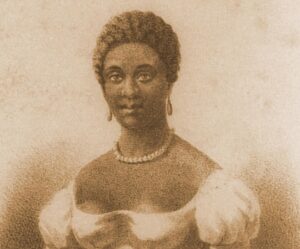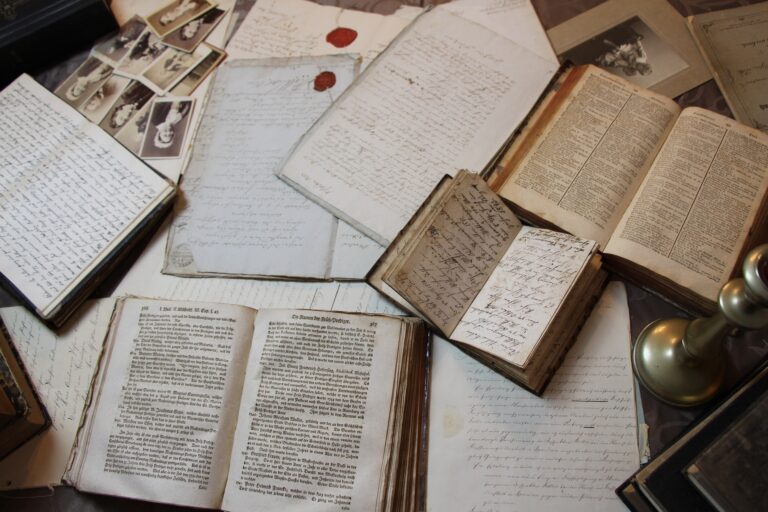By Savita Maharaj ‘22
Hello and welcome to the curriculum section of the EBBDA website! I want to firstly thank you for considering this material. The EBBDA is a multi-dimensional site that engages with digital humanities through its engagements with mapping tools, digital archives, and exposure to digital tools. The curriculum is divided into 8 units. There are many points of entry within this curriculum, as many of these units work individually as well as in unison. All of the units are grounded in and inspired by the digital exhibits found on the EBBDA website. Each unit contains an overall summary, learning goals, relevant exhibits, discussion questions, activities, and detailed resources. The unit summary provides teachers with a brief overview.. The learning goals—which are framed or tied to the Massachusetts History and Social Science in addition to the English Language Arts and Literacy Curriculum Framework—offer some guidance as to what students can learn. Although EBBDA is a digital framework, there is an important spatial aspect to this curriculum. Each unit contains a list of local site visits, which allow students to physically engage with the material being studied. The discussion questions range across the topics covered throughout the units and they are intended to be used as guiding and focusing tools alongside the learning goals. Lastly, the activities offer diverse points of hands-on entries to the textual/historical/literary analyses and engagements with digital tools. Although the primary level of the curriculum is catered toward high school, many of the learning goals and activities can be altered to work with K-8th grades.
As I cultivated these units I considered the following key questions:
How can we use digital technologies to tell more diverse narratives of Boston?
How do we empower communities of color?, and
How do we work to change the curriculum of BPS?
The framework for this curriculum is based upon scholarly work that seeks to tie teaching to social justice and collective liberation, such as Paulo Freire’s Pedagogy of the Oppressed and Bell Hooks’ Teaching to Transgress: Education as the Practice of Freedom. The curriculum is a work-in-progress and will continue to be edited, updated, and grown throughout the future.
This project came about from a course I took with my mentor, Professor Nicole Aljoe, entitled “Boston In Literature: Writing by/about Black Boston.” As a Boston native, I was concerned about the large gaps in our school curriculum about a pre-twentieth century and contemporary Black Boston history and culture. I wanted to work towards changing the curriculum of our schools today, giving more voice, recognition, and power to Brown and Black narratives, showing the students of Boston that they have ownership over their city as it is engulfed with their histories. With the help of Professor Aljoe, I created this curriculum with the intention of facilitating flexibility, accessibility, and autonomy for students to engage with the histories and narratives of Early Black Boston.
Please contact me at EarlyBlackBostonDigitalAlmanac@gmail.com if you have any questions, concerns, ideas, or if you would like to chat about implementing it within your classroom! Thank you for engaging with this material – it means so much to us.








